It is not uncommon nowadays to see headlines of a sextape or sexually explicit material leaked by a disgruntled ex-lover. There seem not to be a challenge when a party gives his/her consent to make explicit video or pictures of themselves. It falls within the purview of data privacy where a partner screen-records an intimate video call without the consent of the other or where a sexually implicit material sent with consent has been leaked or distributed without the consent of the maker. An ex that posts online on a public platform, a video or picture they received while in a relationship, could be liable to data breach, defamation, public disclosure of private facts among other things. Relationships, though a private affair, are increasingly made public with the advent of social media and the urge to publicly display affection (P.D.A) in this era. Facebook relationship status is changed ranging from single to engaged, including the feature to include the details of party engaged to. This is good until God-forbids (like my people would say), the relationship comes crashing. Breakups brings out the worst in most people, especially when they feel like the victim. As a result, they would desire to get back at the party that left them hanging. One need not imagine the resultant consequence where all these technological developments are combined with vindictiveness. Pictures, videos and explicit materials sent during the pendency of such relationship may be used by the aggrieved ex as a tool of retaliation or blackmail. These data are private facts that are protected by the combined laws of the Tort of Public Disclosure of Private Facts under Common Law, the Nigeria Data Protection Act and the Constitution of the Federal Republic of Nigeria. Anyone who leaks or publishes this data can be held liable under any or all of these laws.
The right to privacy is protected in Nigeria by the Constitution, the Nigeria Data Protection Act 2023 and the Common Law. Right to privacy, simplicita, indicates that a person ought to have control over his/her private and personal affairs free from unsolicited intrusions. In other words, only you determine what you share with others. Many have argued that personal data has replaced oil as the new currency, hence, the need for a strong data protection measure. Possibly recognizing this need, the President Bola Ahmed Tinubu administration signed into law the Data Protection Act 2023. One of the objectives of the Act is to safeguard the fundamental rights and interest of data subjects as guaranteed under the Constitution. The Act, among other things prohibits the processing of sensitive personal data without the consent of data subjects. For the avoidance of doubt, sensitive personal data was described to mean ‘personal data relating to an individual’s — genetic and biometric data; race or ethnic origin; religious or similar beliefs; health status; sex life; political opinions or affiliations; other information prescribed by the Commission, as sensitive personal data’.
As a general rule, a person who posts their own sensitive private information on social media cannot be said to have a legitimate expectation of privacy. However, the development of online social networking has changed the manner people share information with one another. Availability of smartphones and data, has increased the possibility of Nigerians to record embarrassing private facts about themselves or spouse in a romantic relationship. This invariably increased the availability of publicly disclosed private facts on numerous platforms such as YouPorn, Twitter, Youtube among others. These private moments are captured for various reasons which may include memory preservation; however, these data are subject to leaks either through the ex or a 3rd party without consent when things go south.
Online social networking services have increased social interactions which in turn creates an unprecedented potential for invasion of privacy. As a result of these increase social interactions, many, such as online businesses, online predators, social media companies, marketers, school and government officials, have access to information available on the internet and are actively collecting it. Thus, the internet has made distance and physical location irrelevant, as cyberspace has invariably made of no effect the differentiation between the private and public boundaries. Activities that would traditionally be expressed as a private fact could now be publicly visible on many social platforms.
What then is Public Disclosure of Private Facts?
A public disclosure of private fact is an offensive exposure or publication of the private facts of the claimant. In other words, the facts disclosed publicly must be highly offensive to the Claimant that it might cause an embarrassment to him and it is not a defense that the facts disclosed was true. Both defamation and the tort of public disclosure of private facts have the interest of protecting the image and reputation of the Claimant. But unlike defamation where declaring the truth would act as a defense even when it hurts the reputation of the Claimant, truth would not avail the defendant that disclosed such private facts under this tort. This law is to protect the claimant from embarrassment.
To avoid embarrassment and preserve reputations, individuals carefully select areas of their private affairs they want to reveal to the society. Therefore, exposing such other areas of their private lives without their consent is a breach of their data privacy as well as a breach of the tort of public disclosure of private facts. Where private parts are disclosed by the Claimant themselves or the Claimant divulges these private facts to the defendant, the defendant might not be liable for disclosing those facts as a general rule. However, divulging one’s private facts to the defendant in itself is not an excuse to disclose those facts to the public as such information would have been gotten from a privileged relationship and disclosing it to the public might amount to breach of privacy. For example, in the advent of social media, there is an increase in chat leaks, nude leaks, private video leaks among others. Though these information and videos are mostly voluntarily shared, disclosing them to the public on WhatsApp, Facebook, Twitter or through any media would amount to a breach of privacy.
For breach of privacy under the tort of public disclosure of private facts, the below must be proved:
- The Facts Disclosed Must Pertain to the Claimant’s Private Life:
A private fact is any detail of someone’s life that is not known to the public and/or is not publicly available or ascertainable. This means that any fact which was already disclosed or a matter of public record cannot be a ground of a cause of action. These facts could include medical history, financial difficulties like loan debt or default, sexual orientation among others. For example, a loan app sending messages on WhatsApp to the contacts of a defaulter; a video, audio or chat of private discussions sent or circulated to others and/or online; disclosing the sexual preference of another and so on, are all private facts that could be actionable in court when disclosed.
2. There Was a Public Disclosure of the Private Fact(s):
Any private fact disclosed on social media is a public disclosure because of the potential number of people that could access such data. In other words, for a matter to be viewed as a public disclosure, the ‘communication must be to enough people that it’s reasonably likely the fact will become public knowledge’. For instance, disclosing a private fact on a blog, WhatsApp Group, as a comment on twitter or Instagram or bulletin Board can be viewed as a public disclosure. As a general rule, disclosure to one or two persons does not constitute public disclosure except there is a possibility of such information to be spread around. Public Disclosure arises when such facts a communicated to the public through any means including but not limited to social media or to enough people that it is likely to get to the general public. For instance, if I tell one of my friends that our mutual friend ‘sleeps around’, an information known only to me, our mutual friend might likely not have a viable cause of action. Though the mutual friend might find it very offensive, my disclosure does not represent a public disclosure. A different implication would arise where I posted such information online to my followers as that would amount to public disclosure of private facts.
3. The Public Disclosure of Private Facts is Offensive to a Reasonable Person of Ordinary Sensibilities:
The disclosure must be such that it would have been embarrassing or offensive to a reasonable member of the society if it were their private information that was disclosed. In other words, it must be offensive or embarrassing for an average person within that society. Asides the above, sometimes, the claimant must show that disclosing those embarrassing/offensive data of them, serves no legitimate public good and not newsworthy. In ES v. Shillington (2021 ABQB 739), the parties were in a long-term relationship of about eleven (11) years and have had two (2) children together before they separated. At the end of the relationship, the defendant confessed to have posted images of the ex online, starting shortly after the relationship began. The images depicted various states of undress and engaging in sexual activity together. At no point did she give her consent to posting such images, images that could now be found on internet pornography sites. Getting to know this at the time of their separation, it caused her significant mental distress and embarrassment. The court decided that a tort of public disclosure of private facts is necessary in situations where a wrong exists for which there are no other adequate remedies. In addition, the defendant was ordered to make best efforts to return all images in his possession, recover all images posted online, pay general damages of $80,000, punitive damages of $50,000 and aggravated damages of $25,000.
This kind of scenario could also be brought under the Nigeria Data Protection Act and Enforcement of the Fundamental Human rights under the Constitution. As such, the tort of public disclosure of private facts expands remedies available to plaintiffs in privacy-related actions.
Olusola Alexander
Crystalite Solicitors.




